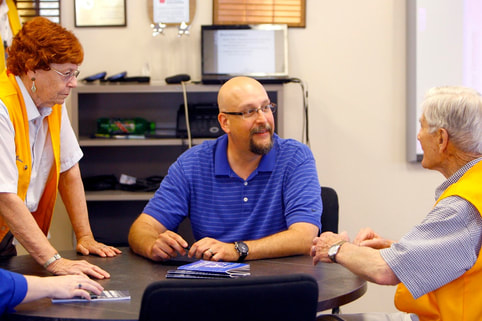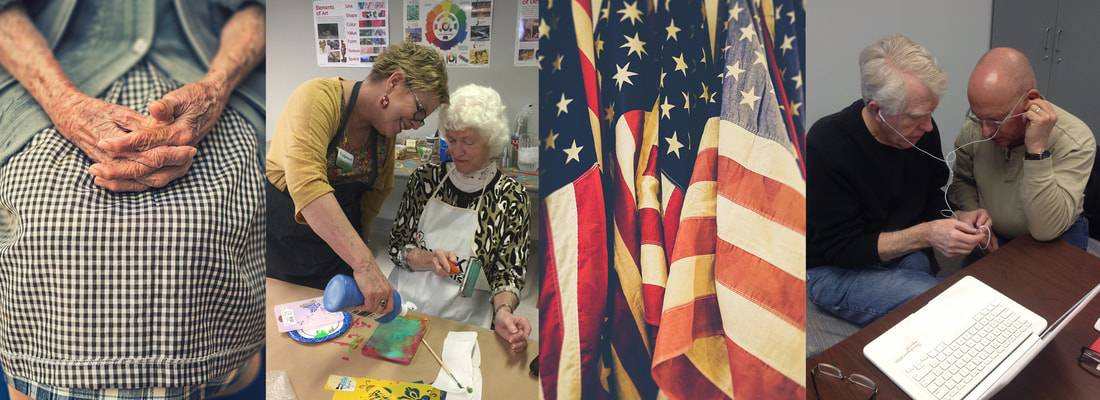Care Planning Starts at Diagnosis

It’s a story we hear all the time. Mom repeats herself all the time. Dad got lost on his way to meet his buddies for breakfast. My husband used to be such a calm guy but now he loses his temper for no good reason. What the heck is going on? The earliest signs of dementia can be hard to distinguish from normal, everyday life. We all have bad days. Everyone forgets names from time to time. Getting distracted and forgetting where you were headed isn’t that unusual. But when these changes seem consistent and persistent something is definitely wrong. As a specialist who helps figure what the heck IS going on I would like folks to know that it is never too soon to start asking this question. The sooner we can identify the cause of the problem the more significant the help we can offer. Sometimes the problem is easy: depression, vitamin or hormone deficiency. Sometimes the problem is more significant but treatable, such as a benign brain tumor. And, sometimes, the problem is Alzheimer disease. In this case, the sooner we make the diagnosis and start treatment, the more positive impact we can have in the lives of the patient and their loved ones. Medications that slow the rate of progression of Alzheimer disease can help preserve independence. Starting them early in most cases prolongs the time an affected person can remain home pushing the time to go to the nursing home or hire full time home care professionals farther into the future. While there is no cure for Alzheimer disease (Yet!) all the studies show that early treatment improves quality of life for the first several years after diagnosis. So, if you are worried about changes in personality, thinking or memory of your loved one ask for help today. It’s never too soon to find out what the heck is going on!
Helping families and caregivers of those with Alzheimer's disease and other dementia-related illnesses care for their love ones.Wyoming Dementia Care provides support through free direct services to caregivers of those with a dementia diagnosis. The tasks of caregiving can feel overwhelming, and the staff at Wyoming Dementia Care can help. Seeking solutions together to improve the quality of life for caregivers, the lives of care-receivers are improved as well. Wyoming Dementia Care focuses on supportive services to educate caregivers and connect them to valuable resources right here in the Natrona County area.
CAREGIVER SUPPORT SERVICESProactive caregivers need support in order to avoid experiencing burnout. When caring for a loved one with a dementia diagnosis the daily needs can surpass the energy and fortitude of even the strongest caregiver. Wyoming Dementia Care offers a variety of resources caregivers can tap into right now. |



